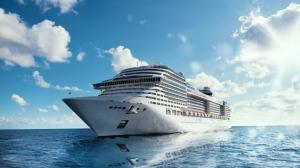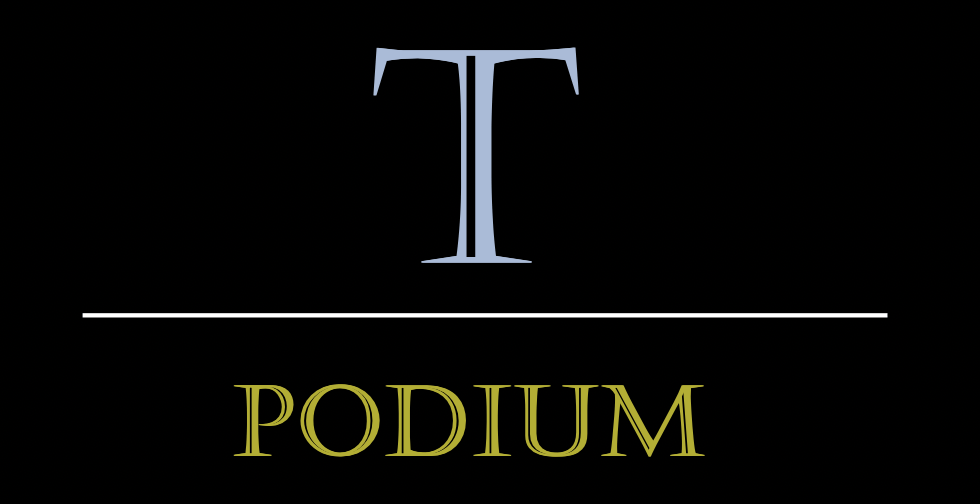

To achieve the EU-Project’s goals in improving the blue economy, ECO-CRUISING FU_TOUR launches the Capacity Building Programme
BARCELONA, SPAIN, August 2, 2024 /EINPresswire.com/ — ECO-CRUISING FU_TOUR, the EU co-funded project aiming at exploiting the green and blue potential of the West Mediterranean tourism SMEs, has taken a new step forward for boosting the transformation of the cruise sector into a more sustainable and bluer industry. The latest action launched to achieve this goal has been the kick-off of an outstanding training programme to provide key players in the cruise sector the skills and knowledge needed to champion sustainable practices in the industry. Under the name of CAPACITY BUILDING PROGRAMME, this initiative comprises two comprehensive online courses, both for free. On one hand, a 25-hour Training Programme, which has been developed for employees in the cruise sector and its supply chain, including SMEs. On the other hand, a 10-hour Masterclass series, targeting at executive staff and managers of the same stakeholders, both from public and private organisations overseeing maritime and coastal tourism management. Registration for both online courses is still open.
Designed and delivered by the Cyprus Marine & Maritime Institute -an esteemed international centre of excellence for marine and maritime research-, the CAPACITY BUILDING PROGRAMME
focuses on instilling skills and knowledge in marine and tourism-related policies, actions and digital competencies. This is a hands-on programme which dives into crucial topics such as: sustainability standards, environmental and natural resources infrastructure and awareness, crisis and emergency management, transport and traffic control, and green skills. The main objective is not only to become aware of the negative environmental impact on this sector -marine degradation, impacts from physical arrival of cruise ships and increase of air pollution- but also to drive positive change and to actively contribute to a greener tourism industry in the West Mediterranean region.
According to Ph.D. Anastasios Hovardas, who is a member of the Research in Science and Technology Education Group at the University of Cyprus and Senior Associate Scientist at the Maritime Human Element Centre of the Cyprus Marine & Maritime Institute, “this programme includes all state-of-the-art knowledge that is needed to propel the green transition in the cruise tourism sector”. Regarding the Training Programme, Mr. Hovardas points out: “The main objective is to provide as much information as needed for trainees to familiarize them with the main directions to be taken to foster a green transition, related terminology and relevant good practices. In addition, it provides insights into the current potential of businesses within the sector -above all, in SMEs- to adapt to new requeriments set for the green transition. Small-scale assignments have been included in all modules to allow trainees screen the information provided and apply new knowledge they acquired to near-transfer tasks”.
On the other hand, the Masterclass series are catered to cruise and tourism companies, public and private organisations overseeing maritime and coastal tourism management, Destination Management Organisations (DMOs), and National Tourism Boards. To Mr. Hovardas, “the masterclasses provide advanced knowledge and directions for executives and managers of stakeholders within this sector to facilitate the green transition in their businesses”. In addition, “it will involve a key learning activity for trainees, namely, to deliver strengths, weaknesses, opportunities and threats analysis for their organisations and also to create a strategic roadmap for a green transition based on good practices in the cruise tourism sector”.
The launch of the programme coincides with the reopening of the debate on the environmental footprint of the cruise industry. This sector has taken major steps towards sustainability prior to the pandemic. Many of the foremost cruise lines are making great efforts to reduce their environmental footprint by cutting emissions, conserving water, and improving disposal techniques. Furthermore, various cruise lines have pledged to eliminate single-use plastics and source goods from the local areas to help the local communities. However, there is too much to
be done to minimize its impact on marine life and to move towards an eco-tourism model that preserves the natural environment. Apart from this, the complexity of the Mediterranean requires shared solutions and the inclusion of all the industry key players to unlock new business opportunities around the new eco-cruise tourism sector.
About ECO-CRUISING FU_TOUR
The EU ECO-CRUISING FU_TOUR Project is co-funded by the European Climate, Infrastructure and Environment Executive Agency (CINEA), under the European Maritime, Fisheries and Aquaculture Fund (EMFAF). Coordinated by X23 Innovation Bakery from Italy, implemented by project partners ENIT from Italy, ASCAME from Spain, Green Evolution from Greece, CMMI and Celestyal from Cyprus, Leancubator from Algeria, and Tangier City Port Management Company from Morocco. Holding a blue mission, the project is boosting sustainable development in the cruising and tourism sectors, emphasizing the blue economy in the West Mediterranean with a focus on Italy, Spain, Algeria, and Morocco. The project aims to address common challenges and contribute to the achievement of three main goals: a safer and more secure maritime space, a smart and resilient blue economy and a better governance of the sea.
Circulo de Comunicación S.L
+34 910 00 19 48
email us here
Círculo de Comunicación S.L
![]()
Article originally published on www.einpresswire.com as EU co-funded ECO-CRUISING FU_TOUR Project boosts the green transition in the cruise sector
The post EU co-funded ECO-CRUISING FU_TOUR Project boosts the green transition in the cruise sector first appeared on Social Gov.
originally published at Global News - Social Gov

 ,
,